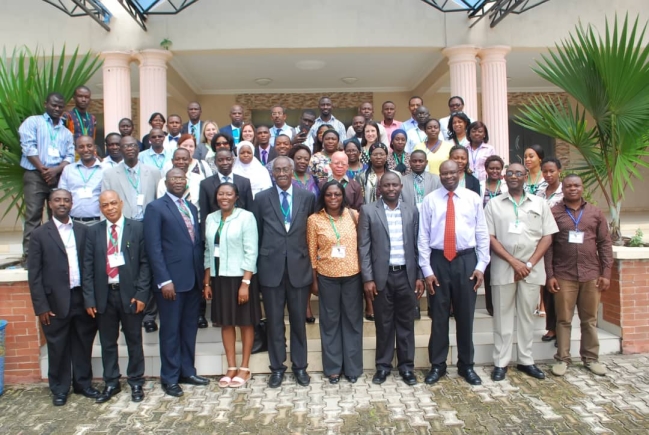
Study identifies genetic link to rising kidney disease in West Africa
A landmark genetic study published in the New England Journal of Medicine has identified a significant genetic factor contributing to the high prevalence of kidney disease in West African populations.
The collaborative research, involving scientists from Ghana, Nigeria, and the United States, marks a breakthrough in understanding the role of genetics in chronic kidney disease among populations of African descent.
The study, conducted under the Human Health and Heredity in Africa (H3Africa) Kidney Disease Research Network, analyzed 8,355 participants from Ghana and Nigeria, with Ghanaians making up 36.7% of the cohort. Researchers discovered that variants in the Apolipoprotein L1 (APOL1) gene, which historically protected African ancestors from sleeping sickness, now increase the risk of chronic kidney disease.
Key Findings
Lead researcher Dr. Dwomoa Adu of the University of Ghana Medical School revealed the genetic implications:
- Prevalence: Nearly 30% of Ghanaians in the study had two copies of the APOL1 gene, while 43.7% had one copy.
- Risk Increase: One copy of the gene raised the risk of kidney failure by 18%, while two copies elevated the risk by 25%.
Dr. Adu explained the genetic trade-off, noting, “In this way, the gene is like the sickle cell gene that protected people against malaria but can cause crises.”
Collaborative Efforts
The study, spearheaded by Dr. Adu and supported by a diverse team of experts, represents one of the largest genetic studies on kidney disease in Africa. In Ghana, contributors included:
- University of Ghana Medical School: Dr. Charlotte Osafo and Professor Vincent Boima.
- KNUST: Professor Sampson Antwi and the late Professor Jacob Plange-Rhule.
- Noguchi Memorial Institute for Medical Research: Professor Alexander Nyarko and Professor Anita Ghansah.
The research received funding from prominent U.S. institutions, including the National Human Genome Research Institute and the National Institute of Diabetes and Digestive and Kidney Diseases.
Implications and future directions
The findings highlight the complex relationship between genetic evolution and modern health challenges. While the APOL1 gene protected against sleeping sickness, it now poses significant health risks. Beyond West Africa, the research could have global benefits for populations of African descent.
The study opens doors for targeted treatment approaches, offering hope for combating the high incidence of kidney disease. Dr. Adu emphasized, “These findings represent a significant step forward in addressing kidney disease progression in African populations and their descendants globally.”
About H3Africa
Founded in 2010, the H3Africa initiative empowers African scientists to explore the genetic and environmental factors affecting health. Its work spans diseases such as malaria, tuberculosis, and kidney disease, advancing genomics research across the continent.
This groundbreaking study underscores the need for continued investment in genomics research and collaboration to address health disparities in Africa and beyond.
